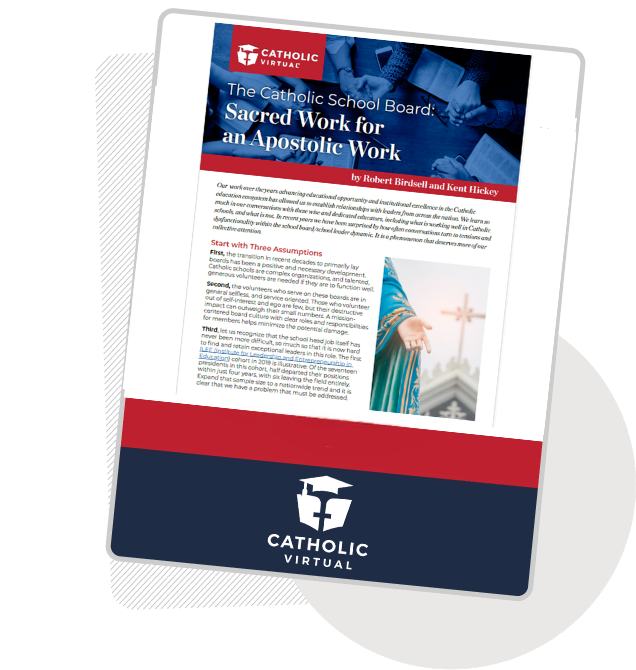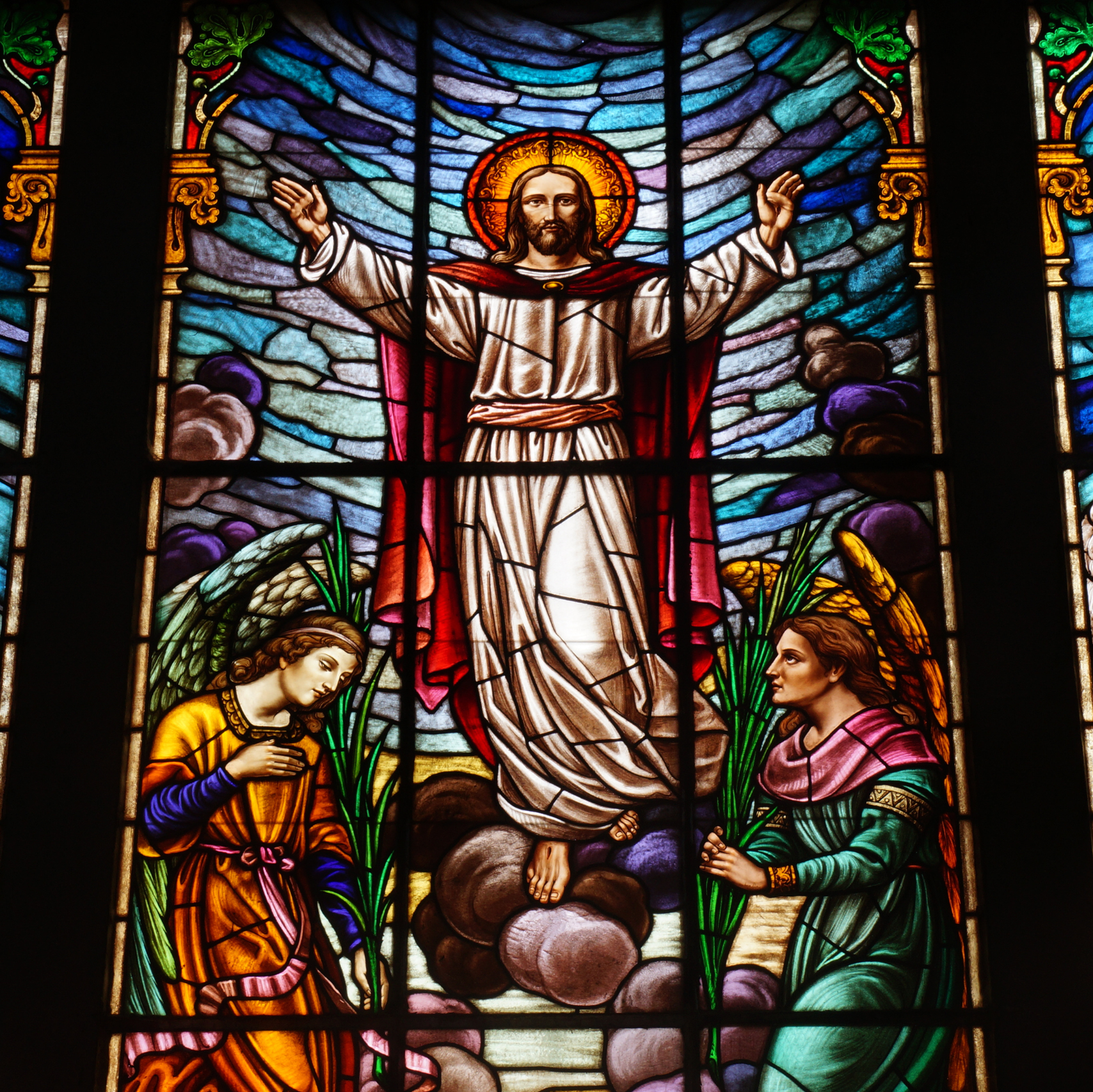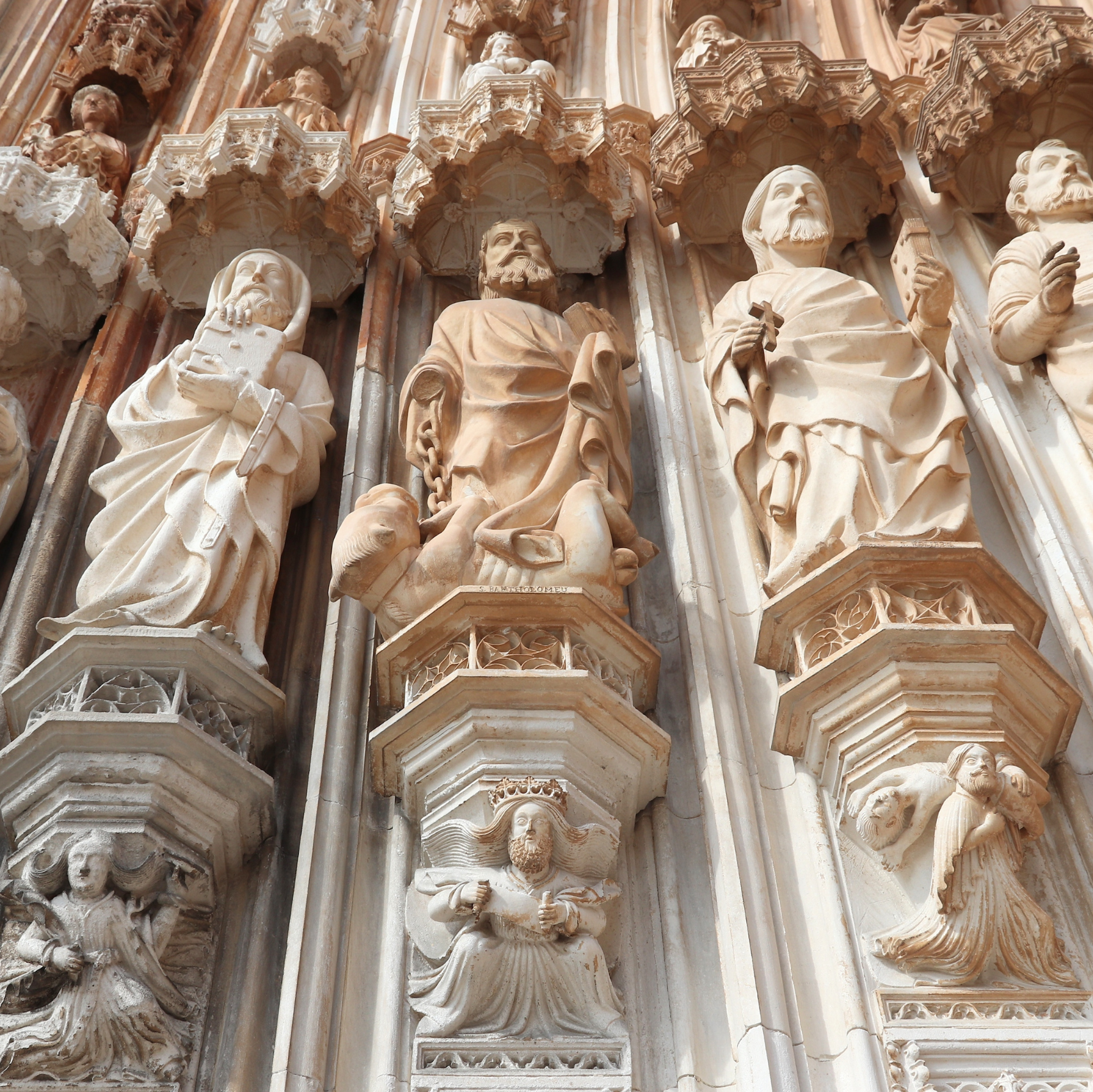The Sacred Trust: Reimagining Catholic School Board Governance
Why your board relationship might be the key to unlocking your school's true mission
July 2025
If you've been leading a Catholic school for any length of time, you've likely experienced it: that moment when a well-intentioned board member suggests implementing a policy "just like they do at the public school down the street" or when strategic planning sessions feel more like corporate boardroom meetings than discernment processes rooted in faith. You're not alone in wondering whether there's a better way.
The statistics are sobering. Catholic school leaders are leaving their positions at an alarming rate, with many citing board friction as a primary factor. In fact, recent data from leadership development programs shows that nearly half of Catholic school presidents depart their roles within just four years—a trend that should concern anyone invested in the future of Catholic education.
But what if the solution isn't found in better governance techniques borrowed from the corporate world? What if the answer lies in rediscovering something we may have lost along the way—the fundamental identity of what a Catholic school board truly is?
Beyond Best Practices: A Deeper Question
Most Catholic school leaders have attended workshops on board governance, read articles about establishing clear roles and responsibilities, and implemented policies designed to minimize conflict. These approaches have their place, but they often treat symptoms rather than addressing the root cause of dysfunction.
The real question isn't whether your Catholic school board follows best practices from secular institutions. The question is whether your board understands its sacred calling.
Consider this: When was the last time your board meeting began with anything more than a perfunctory opening prayer? When did your board last spend time in genuine discernment rather than simply voting on pre-determined agenda items? If you're like many Catholic school leaders, these questions might reveal a gap between the board you have and the board your school's mission deserves.
This is precisely the challenge that Rob Birdsell, President of Catholic Virtual, and Kent Hickey, Director of Leadership Formation at ILEE, address in their comprehensive white paper, "The Catholic School Board as Apostolic Work"—exploring how boards can reclaim their spiritual identity while maintaining practical effectiveness.

The Identity Crisis
Many Catholic school boards suffer from what might be called an identity crisis. They know they're supposed to be different from secular boards, but they're not always clear about what that difference should look like in practice. This confusion manifests in various ways:
- Board members who view their role primarily through a business lens rather than a spiritual one
- Decision-making processes that prioritize efficiency over discernment
- Relationships with school leaders that feel more transactional than collaborative
- A culture that treats faith as an add-on rather than the foundation of everything the board does
The result is often a board that operates with good intentions but lacks the spiritual foundation necessary to truly serve a Catholic school's unique mission.
The Apostolic Difference
What would change if your board truly understood that your Catholic school isn't just another educational institution, but something far more significant? What if they grasped that they're not just governing a school, but stewarding what the early Church would have recognized as apostolic work—the sacred mission of forming disciples of Christ?
This shift in understanding transforms everything. Suddenly, the board's role isn't just about oversight and policy—it's about spiritual stewardship. The school leader isn't just a CEO to be managed, but a spiritual leader to be supported in their calling. Board meetings become opportunities for communal discernment rather than corporate-style decision-making sessions.
When boards embrace this identity, something remarkable happens. The adversarial dynamics that plague so many Catholic schools begin to dissolve. Instead of a board that second-guesses every decision, you get partners in mission. Instead of meetings focused on micromanagement, you get gatherings centered on discernment and prayer.
The Contemplative Imperative
One of the most striking differences between truly effective Catholic school boards and those that struggle lies in their approach to prayer and contemplation. Boards that merely go through the motions of faith create thin, procedural cultures. But boards that cultivate what researchers call "thick institutions"—those with rich, meaningful internal cultures steeped in faith—create environments where both boards and school leaders can thrive.
The practical implications are profound. A board rooted in contemplative prayer approaches challenges differently. They're less likely to react impulsively to crises and more likely to respond with wisdom. They're less focused on quick fixes and more committed to discerning God's will for the school community.
Beyond the Boardroom
This reimagining of Catholic school governance extends far beyond monthly meetings. It influences everything from how boards hire and evaluate school leaders to how they approach strategic planning. It affects whether the school's Catholic identity remains vibrant or becomes merely decorative.
Consider the difference between a board that views the school head as a spiritual leader deserving of ongoing formation and support, versus one that sees them primarily as a manager to be evaluated on metrics alone. The former creates conditions for transformational leadership; the latter often leads to burnout and departure.
The Counter-Cultural Call
Perhaps most importantly, this approach to Catholic school governance is profoundly counter-cultural. In an era obsessed with immediate results and bottom-line thinking, contemplative boards take the long view. In a society that often separates spirituality from professional competence, they insist on moral formation alongside practical skills.
This isn't about rejecting all secular wisdom or ignoring practical realities. Rather, it's about ensuring that everything—from financial decisions to personnel policies—flows from a foundation of faith and discernment rather than mere pragmatism.
The Path Forward
If you're reading this and recognizing your own board's struggles, take heart. The challenges you face aren't unique, and they're not insurmountable. Catholic schools across the country are discovering that when boards embrace their true identity as spiritual bodies entrusted with apostolic work, transformation follows.
The question isn't whether your board needs to change—it's whether they're ready to discover who they're truly called to be.
Some Catholic school boards are already living into this vision. They're creating cultures of contemplation and discernment that support rather than undermine school leadership. They're building communities where board service becomes a form of spiritual formation, not just volunteer work. They're discovering that when governance is grounded in faith, everyone—board members, school leaders, and ultimately students—benefits.
The Invitation
This transformation doesn't happen overnight, and it certainly doesn't happen without intentional effort. It requires boards willing to examine their current practices and Catholic school leaders brave enough to cast a vision for something deeper.
But for those ready to take this journey, the rewards extend far beyond improved board-head relationships. They extend to the very heart of what Catholic education is meant to accomplish: the formation of young disciples who will transform the world.
Your board doesn't have to be a source of frustration or an obstacle to your school's mission. With the right understanding and commitment, they can become your greatest partners in the sacred work of Catholic education.
The question is: Are you ready to help them discover their true calling?
Ready to explore how your board can embrace its identity as a spiritual body stewarding apostolic work? Rob Birdsell and Kent Hickey's comprehensive white paper, "The Catholic School Board as Apostolic Work," provides concrete strategies, spiritual foundations, and practical best practices for transforming board governance. Download your copy today and begin the journey toward the kind of board partnership your school's mission deserves.
More Articles




Accreditations and affiliations ensuring a world-class online and blended education




 Student Login
Student Login